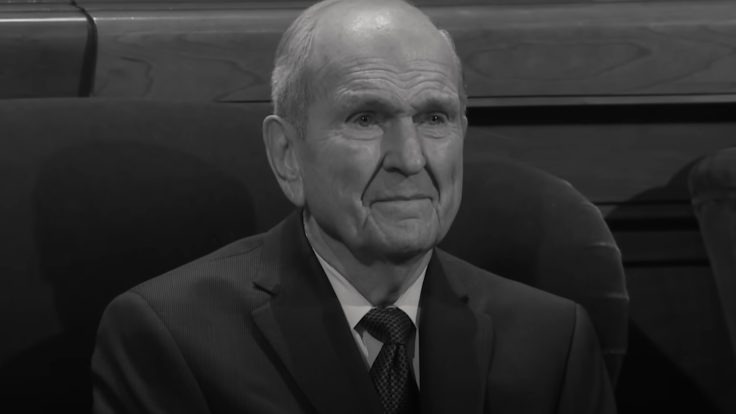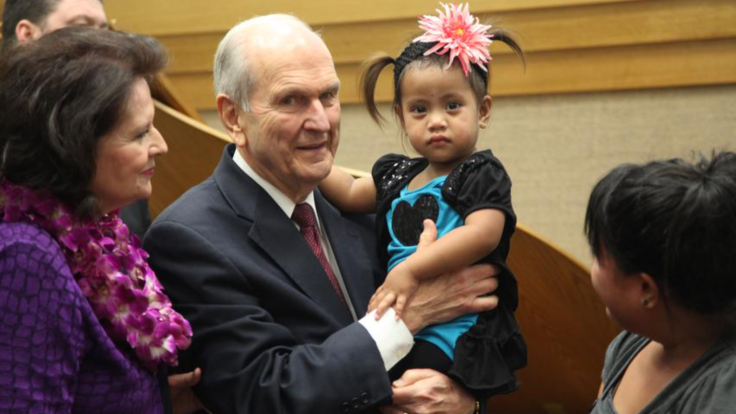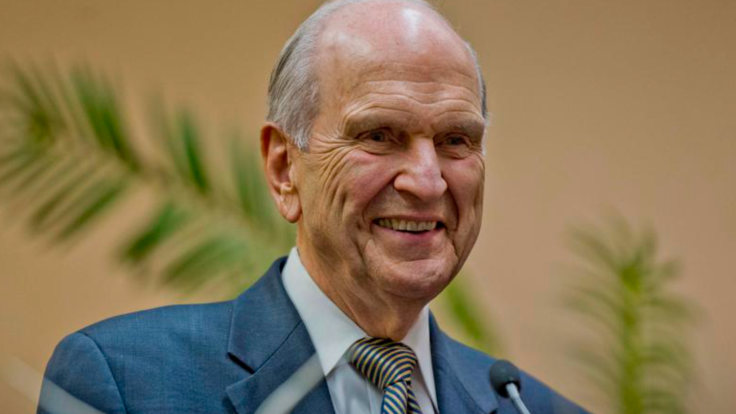Who Is the Next Prophet of the LDS Church? Russell Nelson Dies at Age 101
Russell M. Nelson's death prompts a customary, scriptural succession — Dallin H. Oaks is the expected successor under church precedent

With the death of Russell M. Nelson at 101, the question of who will become the next prophet of the Church of Jesus Christ of Latter-day Saints is immediate and unavoidable.
Russell M. Nelson died at his home in Salt Lake City on 27 September 2025, the Church announced, describing the passing as 'peaceful' and noting he was the oldest president in the Church's history.
A pioneering heart surgeon turned global religious leader, Nelson reshaped aspects of Latter-day Saint life in his seven years as prophet and presided over a period of rapid temple expansion, organisational change, and public outreach.
Church law and precedent set a clear path for succession — but the formal selection and reorganisation of the First Presidency will follow traditional procedures and a period of mourning.
Official Announcement and Nelson's Legacy
The Church's newsroom posted a concise statement on 27 September 2025: 'With sorrow we announce that Russell M. Nelson... passed away peacefully shortly after 22:00 MDT today at his home in Salt Lake City. He was 101 — the oldest president in the history of the Church.'
Nelson's life bridged medicine and ministry. Before full-time Church service, he performed Utah's first open-heart operation in 1955 and completed thousands of surgeries; as prophet, he announced more than 200 new temples and introduced significant changes to worship and organisation.

Colleagues emphasised his humility and teaching gifts. As Dallin H. Oaks, a long-time colleague and First Presidency counsellor, put it when remembering his friend: many 'marvelled at his extraordinary modesty'. That appraisal has been echoed widely in the Church's official remembrances.
Nelson's pastoral style combined clinical precision and plainspoken testimony; he wrote an op-ed for Time magazine in early September 2025 titled 'We All Deserve Dignity and Respect', in which he said: 'These enduring truths are what anchor us in turbulent times.' That essay, published under his name, offers a direct window onto his priorities in the months leading up to his 101st birthday.
How Succession Works: Who Will Lead Next?
The governance of the Church follows an established, scripture-based pattern: when the prophet dies, the First Presidency is dissolved and the Quorum of the Twelve Apostles becomes the presiding council until the Quorum reorganises the First Presidency. Seniority among apostles determines who presides.
Practically speaking, that means the most senior apostle by date of ordination customarily becomes the next prophet. Church materials set out this 'order of succession' and explain the role of the Quorum of the Twelve in settling the matter by revelation and common consent.
By seniority and current office, President Dallin H. Oaks, who has served as first counsellor in the First Presidency and as President of the Quorum of the Twelve, is the widely acknowledged likely successor, though the Church has stated a formal selection is not expected until after Nelson's funeral and the customary period of council and confirmation.
What Happens Now — Practical Steps and Timing

In the immediate term, the Quorum of the Twelve will preside collectively while funeral arrangements proceed; Church sources say the successor is not expected to be formally chosen until after the funeral and the Quorum's deliberations. Members worldwide will be invited to sustain the new presidency in a future general conference or specially called session.
Historically, the process has been orderly and swift in practical terms: the senior apostle presides, receives counsel, and, when he and the Quorum feel they have received revelation, reorganises the First Presidency and presents the selection for the Church's sustaining vote. The most senior apostle at present, Dallin H. Oaks, fits the historical pattern and is therefore the person most commonly named by scholars and reporters as the next probable president.
Russell M. Nelson's passing closes a chapter of active, sometimes controversial reform and extensive global ministry; it opens a customary sequence of prayer, counsel, and continuity that has governed the Church since its earliest days.
© Copyright IBTimes 2025. All rights reserved.





















